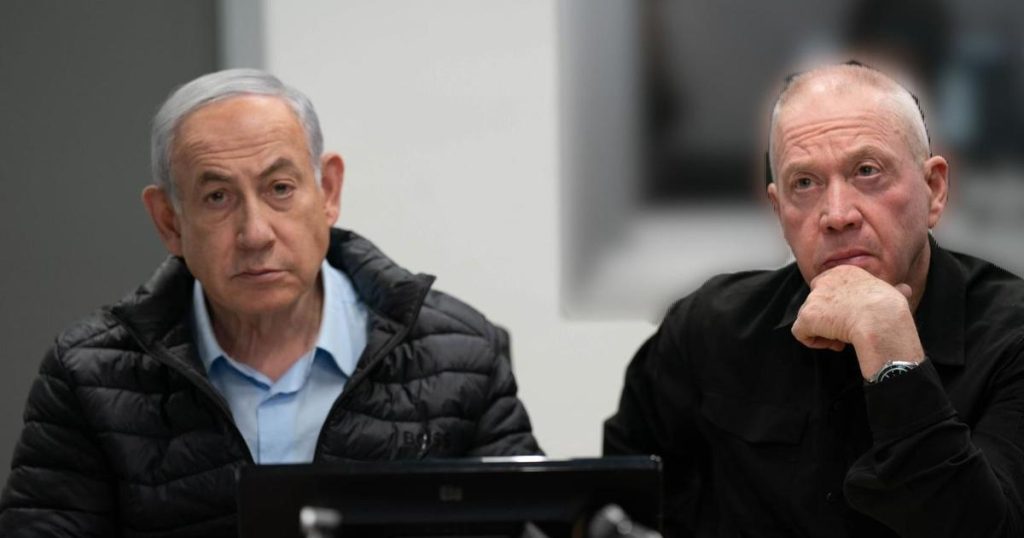Israel recently conducted retaliatory strikes on Iran in response to Iran’s attack on Israel with about 180 ballistic missiles on October 1. The Israeli Defense Forces stated that the strikes were in response to months of continuous attacks from Iran. The attacks targeted military installations, not nuclear or oil facilities. The U.S. was informed of the strikes in advance and stated that Israel’s response was an exercise in self-defense and focused solely on military targets, avoiding populated areas.
Israeli Prime Minister Benjamin Netanyahu and Israeli Minister of Defense Yoav Gallant monitored the strikes from the IDF’s command and control center. Netanyahu had previously vowed to make Iran pay for their attack on Israel and defended Israel’s right to respond to the continuous attacks from Iran. The Iranian missile attack did not result in any casualties due to Israel’s advanced missile defense systems. President Biden and Vice President Harris supported Israel’s right to defend itself but emphasized that they would not support any attacks on Iran’s nuclear facilities or major oil infrastructure.
In anticipation of the Israeli response and potential Iranian counter-response, the U.S. sent Israel a new missile defense system in mid-October. The Terminal High Altitude Area Defense (THAAD) system and about 100 American troops arrived in Israel to bolster its defense capabilities. Iran justified its missile attack on Israel as a response to alleged terrorist acts by Israel against Iranian nationals and interests. The escalating tensions between Iran and Israel have been fueled by ongoing attacks and counterattacks in the region.
Israel has been engaged in a military offensive against Hezbollah, one of Iran’s proxy groups in the region. The Israel Defense Forces have targeted senior Hezbollah leaders and strongholds in Lebanon, leading to casualties and displacements in the country. Hezbollah has vowed to continue attacks on Israel until the conflict with Hamas in Gaza is resolved. The ongoing conflict has raised concerns about a broader escalation and potential implications for regional stability.
The Iranian leadership faced pressure to retaliate against Israel following escalating attacks on its ally Hezbollah. The situation remains volatile as both sides continue to engage in military actions and threats. The evolving dynamics in the Middle East highlight the complex geopolitical landscape and the challenges of managing conflicts in the region. The international community, including the U.S., closely monitors the situation and seeks to prevent further escalation that could have broader implications. The developments in the Middle East pose significant challenges for regional stability and global security.


